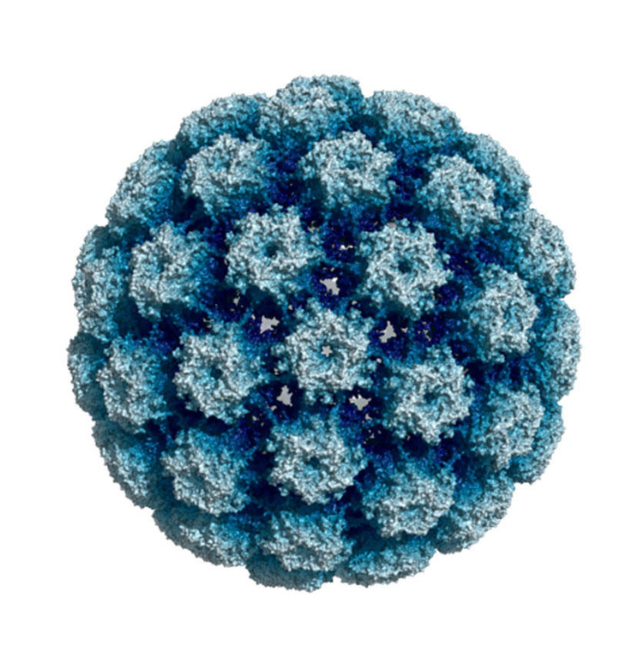HPV 35 Infection and Associated Cervical Precancer More Common Among Women of African Ancestry
, by DCEG Staff
Studies have suggested that HPV 35 infection and associated cervical precancer is more common in certain countries of Sub-Saharan Africa compared to other regions, however it was not clear what factors of HPV 35 contribute to its variation in worldwide prevalence. Postdoctoral fellow Maisa Pinheiro, Ph.D., and staff scientist Julia C. Gage, Ph.D., M.P.H., in the Clinical Genetics Branch, and colleagues, conducted the largest HPV 35 study to date assessing whether genetic variation of HPV 35 is differentially associated with cervical carcinogenicity by racial/ethnic groups. These findings were published May 4, 2020, in the International Journal of Cancer.
The investigators found that African American women have more HPV 35 infections and HPV 35 associated cervical precancers than other races/ethnicities, although risks following HPV 35 infection were similar across all racial/ethnic groups. In addition, genomic analysis revealed that the HPV 35 A2 sublineage was associated with precancer/cancer in African American women and invasive cervical cancer in Africa. They also identified 12 single nucleotide polymorphisms (SNPs) that were associated with cervical precancer in African American women, including one SNP that mapped to the important HPV E7 oncogene, which could explain HPV 35’s carcinogenicity in women of African ancestry.
The study supports a strong link between HPV 35 and cervical carcinogenesis in women of African ancestry. The highly-effective HPV vaccine covers seven oncogenic HPV types, but does not currently include HPV 35, therefore results from this study warrant further investigation on whether the addition of HPV 35 could provide better protection against cervical precancer for women in Africa or of African ancestry.
Reference:
Pinheiro M, Gage JC, et al. Association of HPV 35 with cervical carcinogenesis among women of African ancestry: Evidence of viral-host interaction with implications for disease intervention. Int J Cancer 2020 May 4. DOI: 10.1002/ijc.33033. [Epub ahead of print]
